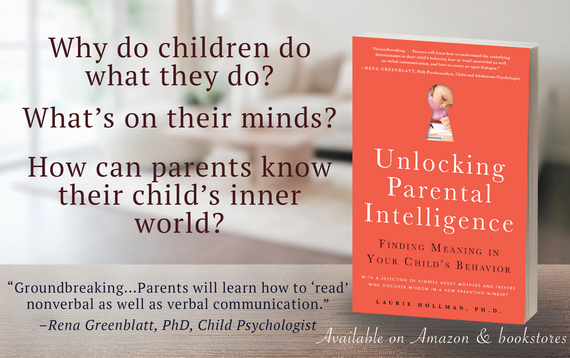Pre-K is a modern invention. Kindergarten used to be the first year of school and now little ones often go to pre-k at three or even two. Setting the day care needs aside for working parents, what's the verdict on letting your 2-5 year old stay at home, play with peers, spend lots of time with a parent, and learn from their natural environment? Here are some advantages and disadvantages of both.
Advantages of Pre-Kindergarten
1.If the child is social enough to separate without anxiety from their parent by age 3, he or she has the opportunity to learn to socialize without the parent present.
2.By age 4 a semi-structured environment with circle time for reading and other planned activities that follow a routine and schedule prepare a child for kindergarten.
3.Being away from home builds confidence and a growing sense of independence.
4.Learning what a teacher is and does is an advantage as preparation for kindergarten. The child understands what school means and can go to kindergarten with a high level of self-esteem.
5.Children who are ready can learn the beginnings of reading, playing with others, and other sorts of learning activities under the guidance of a certified teacher in their level of development.
6. These children have the advantage of being taught by someone who understands the changes in development during the pre-school years.
Advantages of Staying at Home During the Pre-School Years
1.Children can learn to tolerate separation anxiety at their own pace without being pushed into a classroom prematurely.
2.Active parents with lots of energy can introduce a wide range of activities to their child that they can share together strengthening their bond.
3.If the parent provides social experiences with other children, the kids can learn to play and share with others under the tutelage of their parent and their friends' parents.
4.The children don't have to follow a schedule based around school hours, but instead enjoy the relaxed atmosphere of home.
General research has pointed to the advantages of pre-school for children entering the more structured environment of kindergarten, allowing the introduction of reading readiness early on if the child is suited for that, as well as, helping the child learn to follow the rules of an environment with clear routines. Clearly, an energetic, devoted parent can do the same except for the opportunity to learn from a teacher and understand what school means. The question remains how prepared the parent can help their child be for kindergarten and if they enjoy that experience with their child.
Some parents opt for a mix offering a few hours of pre-k twice or three times a week and the rest of the time at home. This seems to satisfy both advantages and give parents some time off for themselves and younger sibs.

Laurie Hollman, Ph.D. is a psychoanalyst and author of Unlocking Parental Intelligence: Finding Meaning in Your Child's Behavior found on Amazon, Barnes and Noble and wherever books are sold.
